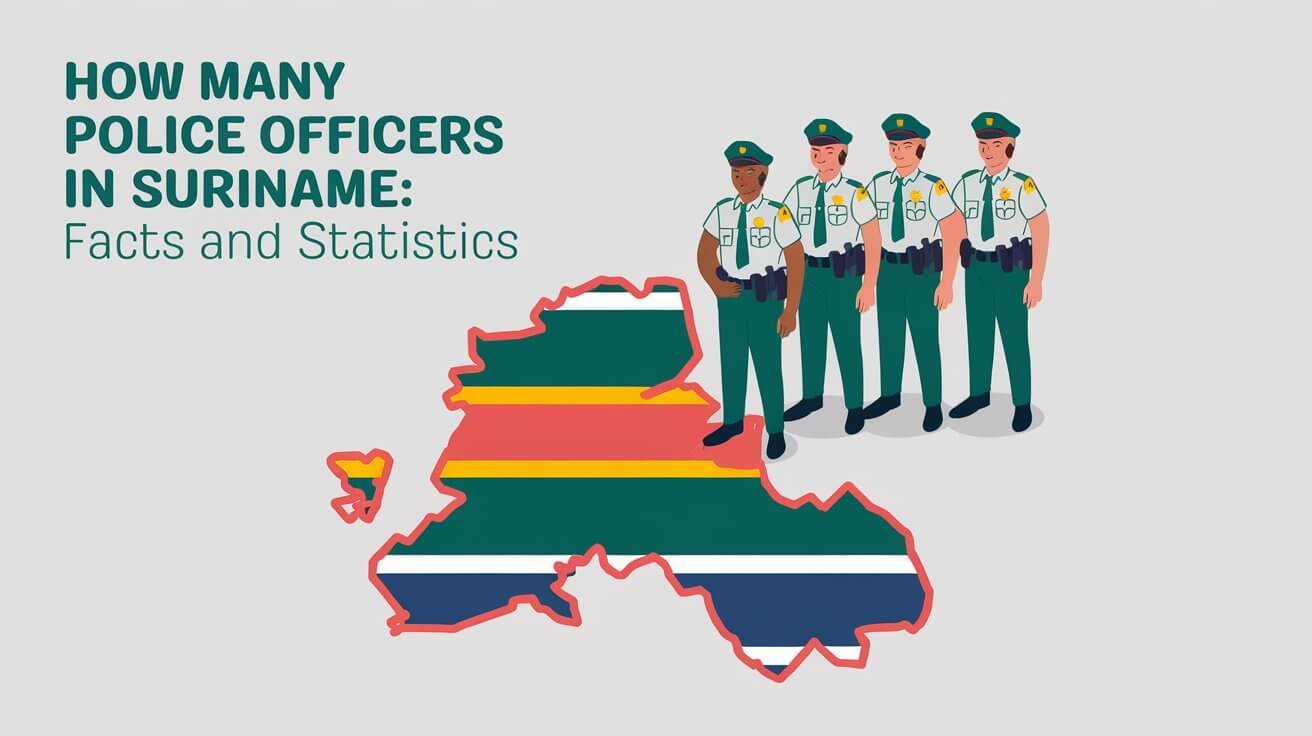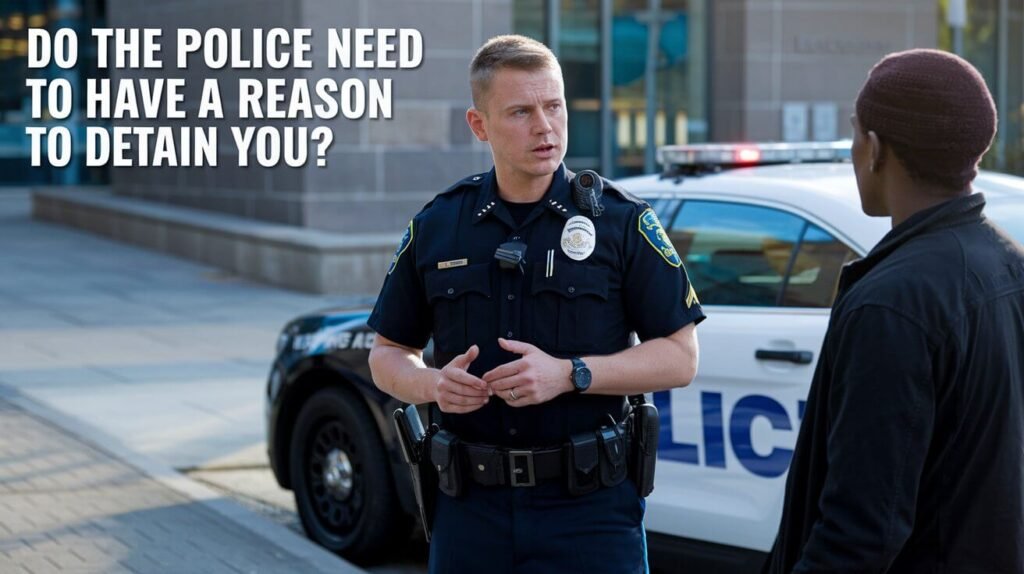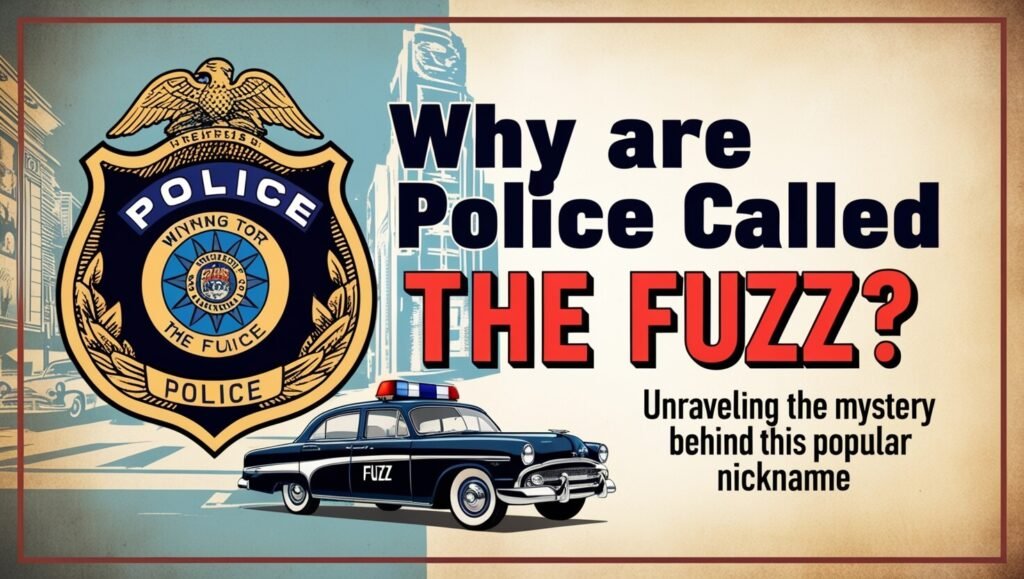Ever wondered why the police are sometimes referred to as "12"? Well, buckle up because we’re diving deep into this intriguing question that’s been floating around for decades. The term "12" has sparked curiosity among many, and today we’ll uncover the origins and meanings behind it. So, why is police called 12? Let’s find out!
If you’ve been scrolling through social media or listening to old-school hip-hop, you might have come across the term "12" being used to describe the police. It’s not just a random number; there’s a story behind it, and it’s tied to the way people communicated during a time when staying under the radar was crucial.
Before we get into the nitty-gritty, let’s set the stage. The term "12" isn’t something new; it’s been around for a long time, and its roots go back to the days of CB radios and code languages. But why did people choose this number? And how did it evolve into a widely recognized term? Stick with us, and we’ll break it down for you.
Read also:When Does Morgan Leave Criminal Minds A Deep Dive Into The Iconic Departure
Understanding the Origin of "12" as Police Slang
Let’s rewind the clock to the 1970s, a time when CB radios were all the rage. Truckers and everyday folks used these radios to communicate while on the road. To make conversations faster and more discreet, they developed a set of codes known as "10 codes." These codes were numerical shortcuts for common phrases, like "10-4" for "message received" or "10-20" for "location."
But here’s the twist: in some areas, the number "12" became slang for "police." It wasn’t part of the official 10-code system, but it caught on in certain communities, especially among those who wanted to avoid drawing attention to themselves. The use of "12" as a code word for police spread through word of mouth and eventually found its way into popular culture.
How Did "12" Become Popular?
Now, you might be wondering how a random number like "12" gained so much traction. The answer lies in its simplicity and effectiveness. When people needed to warn others about a police presence without alerting the authorities, "12" was the perfect code. It was short, easy to remember, and didn’t draw suspicion.
- In the world of CB radios, "12" became a shorthand for "look out, the cops are nearby."
- It wasn’t just limited to truckers; activists, musicians, and even everyday citizens started using it in their conversations.
- The term gained even more popularity when it appeared in music, particularly in hip-hop culture, where artists often referenced it in their lyrics.
Police Codes: A Brief Overview
To fully understand why "12" became associated with the police, we need to take a closer look at police codes in general. Police departments around the world use a variety of codes to communicate efficiently. These codes are designed to convey important information quickly and discreetly.
For example, "10-4" is universally recognized as "message received," while "10-20" means "location." In some regions, "12" was adopted as a code for police, even though it wasn’t officially part of the 10-code system. This unofficial use of "12" helped it gain traction in certain communities.
Regional Differences in Police Codes
It’s worth noting that police codes can vary significantly from one region to another. What works in one city might not make sense in another. This is why "12" became a popular term in some areas but never caught on in others.
Read also:Luke Bryan Trump The Untold Story You Need To Know About
- In certain parts of the United States, "12" was widely used as a code for police.
- Other regions might have used different numbers or phrases to refer to law enforcement.
- The variation in codes highlights the importance of local context in understanding how terms like "12" gained popularity.
The Role of Popular Culture in Spreading the Term
Pop culture has played a significant role in spreading the term "12" as a reference to the police. Movies, TV shows, and music have all contributed to its widespread recognition. Artists and filmmakers often draw inspiration from real-life experiences, and the use of "12" in their works has helped cement its place in the public consciousness.
Hip-hop, in particular, has been a major force in popularizing the term. Many rappers have referenced "12" in their lyrics, using it as a way to talk about encounters with the police without directly naming them. This subtle nod to the code has kept it alive in the minds of listeners.
Examples of "12" in Music
Here are a few examples of how "12" has been used in music:
- In N.W.A’s iconic track "F*** tha Police," the group references "12" as a way to describe their experiences with law enforcement.
- Other artists, like Kendrick Lamar and J. Cole, have also used "12" in their songs to convey messages about police presence and community relations.
- These references have helped keep the term relevant, even as times have changed.
The Evolution of "12" in Modern Times
As society has evolved, so too has the use of "12" as a code for police. In today’s world, where technology plays a major role in communication, the need for coded language has diminished somewhat. However, "12" remains a powerful symbol for many, representing a time when people had to be careful about what they said and who they said it to.
For some, "12" is a reminder of the struggles faced by marginalized communities in their interactions with law enforcement. For others, it’s simply a nostalgic nod to a bygone era of CB radios and secret codes.
Why Does "12" Still Matter Today?
Despite the changing times, "12" continues to hold significance for many. Here’s why:
- It serves as a historical marker, reminding us of the ways people communicated in the past.
- It’s a symbol of resilience, showing how communities found ways to protect themselves and share information.
- It’s a testament to the power of language and how it can adapt to meet the needs of those who use it.
Legal and Ethical Implications of Using "12"
While the use of "12" as a code for police might seem harmless, it does raise some interesting questions about communication and transparency. In a world where trust between communities and law enforcement is crucial, the use of coded language can sometimes create barriers rather than bridges.
That said, it’s important to recognize the historical context in which terms like "12" emerged. For many, it was a necessary tool for survival in a time when open communication wasn’t always safe.
Building Trust Through Open Dialogue
Moving forward, fostering open and honest communication between law enforcement and the communities they serve is essential. While terms like "12" may still hold cultural significance, encouraging transparency and understanding can help bridge the gap between different groups.
- Initiatives like community policing and dialogue sessions can help build trust.
- Education and awareness programs can shed light on the history and meaning of terms like "12."
- Encouraging respectful and open conversations can lead to positive change.
Why Is Police Called 12? Wrapping It All Up
So, why is police called 12? The answer lies in a combination of historical context, cultural significance, and the power of language. From its roots in CB radio codes to its place in modern music and culture, "12" has become a symbol of resilience and adaptation.
As we’ve explored in this article, the use of "12" as a code for police reflects the ways people have found to communicate effectively in challenging situations. While its relevance may have shifted over time, its impact remains undeniable.
Now it’s your turn! Have you ever heard the term "12" used in conversation or in media? What are your thoughts on its significance? Leave a comment below and let’s keep the conversation going. And don’t forget to share this article with your friends – knowledge is power, after all!
Table of Contents
- Understanding the Origin of "12" as Police Slang
- The Role of Popular Culture in Spreading the Term
- Police Codes: A Brief Overview
- The Evolution of "12" in Modern Times
- Legal and Ethical Implications of Using "12"
- Examples of "12" in Music
- Building Trust Through Open Dialogue
- Regional Differences in Police Codes
- Why Does "12" Still Matter Today?
- Why Is Police Called 12? Wrapping It All Up



